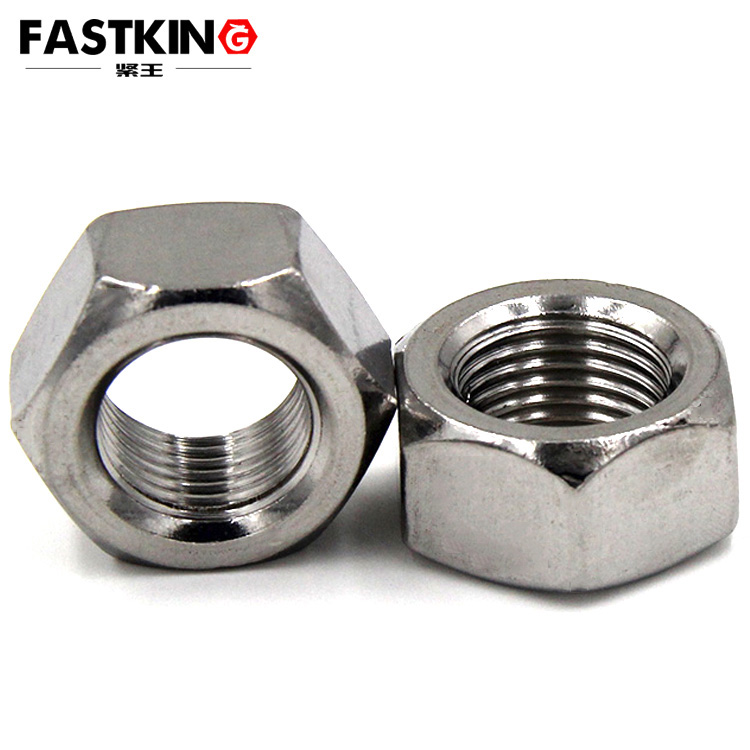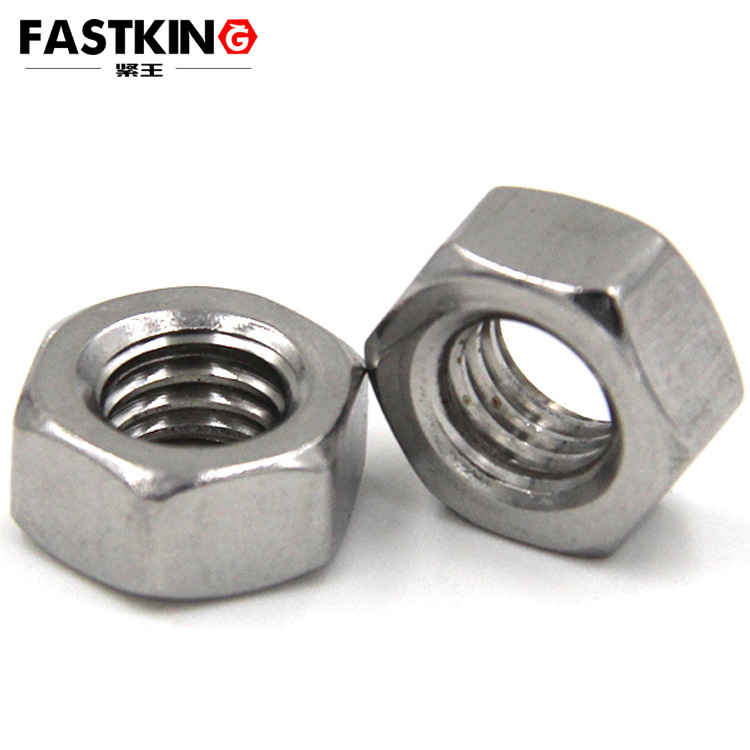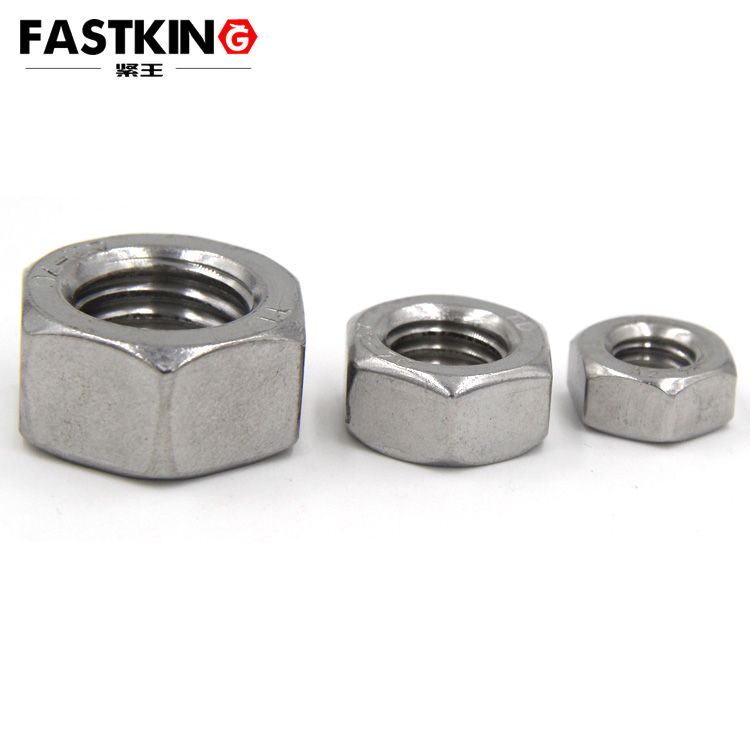Introduction
Nuts, commonly referred to as "nuts" or "bolts," are essential fastening components used in various industrial and mechanical applications. They are designed to work in conjunction with bolts or screws to secure and connect different parts of machinery, structures, and equipment. Nuts are particularly useful in applications that require frequent assembly and disassembly. This comprehensive overview will cover the materials used in manufacturing nuts, their hardness grades, and the common standards they adhere to, such as DIN934, GB52, ASME B18.22.2, and GB6170.

Materials Used in Manufacturing Nuts
Nuts are manufactured from a variety of materials, each chosen based on the specific requirements of the application. Common materials include:
Carbon Steel:
40Cr, 45 Steel, 35K: These are high-strength carbon steels used for nuts that require significant tensile strength and durability.
- Q235 (A3 Steel): A low-carbon structural steel known for its weldability and moderate strength. It is widely used in construction and general manufacturing.

Stainless Steel:
Stainless steel nuts are highly corrosion-resistant and are ideal for applications exposed to moisture, chemicals, or harsh environments. They are available in various grades, such as 304 and 316, and are commonly used in marine, chemical processing, and food processing industries.
Alloy Steel:
Alloy steels, such as those used in Grade 8 bolts, undergo heat treatment processes like quenching and tempering to enhance their hardness and tensile strength. These nuts are suitable for heavy-duty applications in automotive and heavy machinery.
Hardness Grades of Nuts
The hardness and strength of nuts are categorized into different grades, which determine their suitability for specific applications:
Grade 4, 5, 6, 8, 10, 12:
These grades indicate the tensile strength of the nuts. For example, Grade 8 nuts have a tensile strength of up to 150,000 psi (1,034 MPa) and are suitable for high-stress environments.
Metric Property Classes:
Class 8.8: Equivalent to Grade 5, suitable for medium-strength applications.
Class 10.9: Comparable to Grade 8, used in high-stress applications.
Class 12.9: The highest strength in the metric system, suitable for critical applications.
Standards and Specifications
Nuts are manufactured according to various international and national standards to ensure consistency and compatibility:

1.DIN934:
This is a German standard for hexagon nuts, widely used in Europe. It specifies the dimensions and mechanical properties of hex nuts suitable for general industrial applications.
2. GB52:
This is a Chinese national standard for hexagon nuts, specifying dimensions and performance requirements for nuts used in construction and machinery.
3. ASME B18.22.2:
This American standard covers heavy hex nuts, providing detailed specifications for dimensions, material requirements, and mechanical properties. It is commonly used in heavy machinery and automotive applications.
4. GB6170:
Another Chinese standard, GB6170 specifies the requirements for Type 1 hexagon nuts, covering a wide range of sizes and performance grades suitable for various industrial applications.
Applications of Nuts
Nuts are used in a wide range of applications across different industries:
1. Construction:
High-strength nuts are essential for securing structural components in buildings, bridges, and other infrastructure.
2. Automotive:
Grade 8 and higher nuts are used in critical automotive applications, such as engine components and chassis parts.
3. Aerospace:
Titanium and high-strength alloy nuts are used due to their lightweight and high strength-to-weight ratio.
4. Marine and Offshore:
Stainless steel nuts are preferred for their corrosion resistance in harsh marine environments.
5. Heavy Machinery:
High-strength nuts are used to secure heavy equipment and machinery, ensuring durability and reliability.
Conclusion
Nuts are indispensable components in modern engineering and construction, providing secure and reliable connections. The choice of material, hardness grade, and adherence to specific standards are crucial in ensuring the nuts meet the demands of their intended applications. Whether it's stainless steel nuts for corrosion resistance or high-strength alloy nuts for heavy-duty applications, selecting the right nut is key to maintaining the integrity and safety of any mechanical system.
